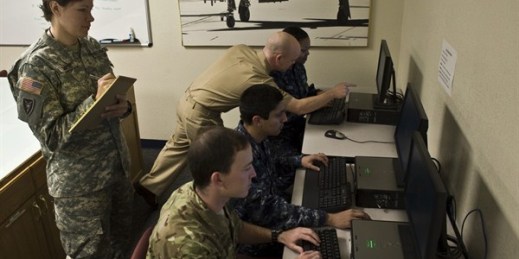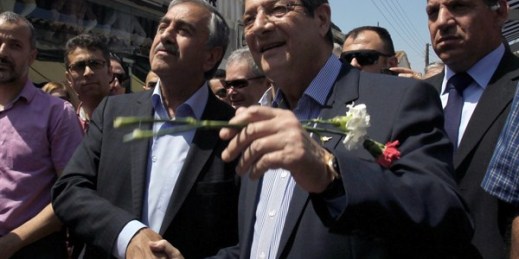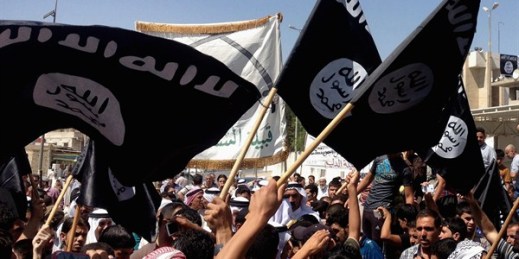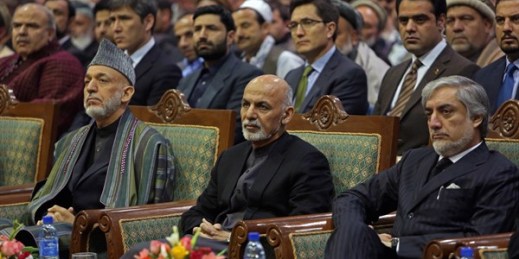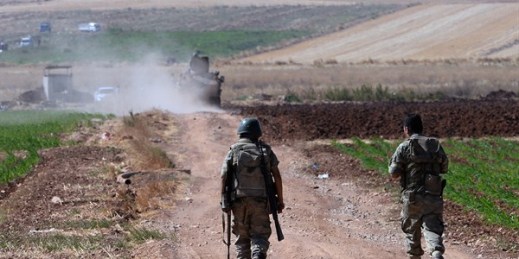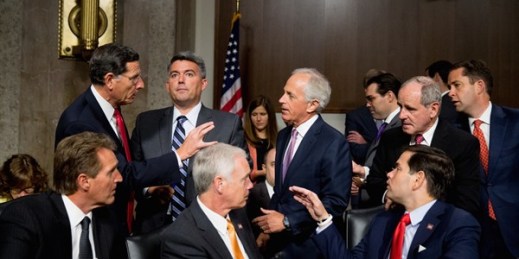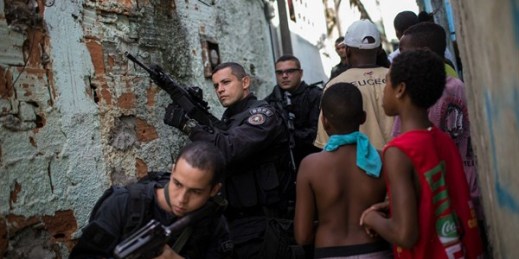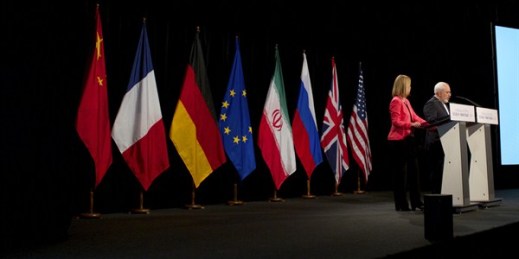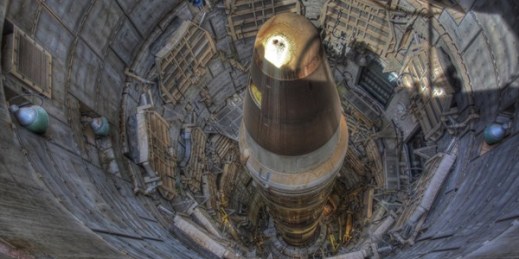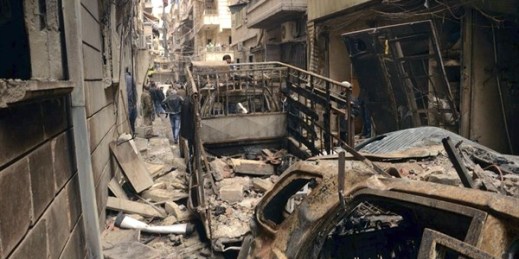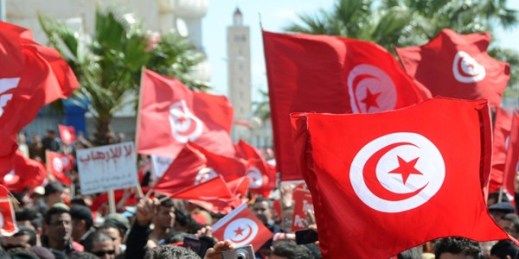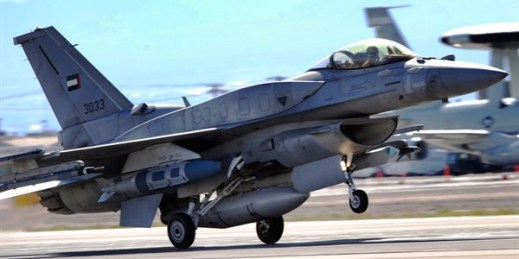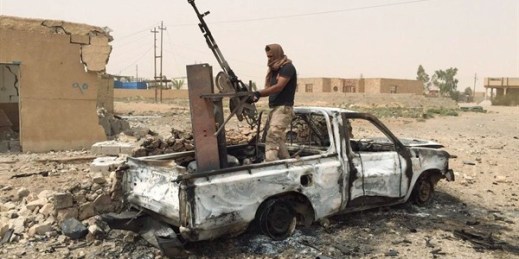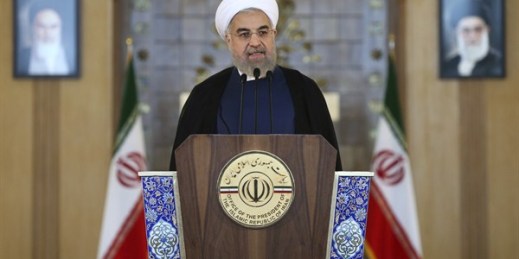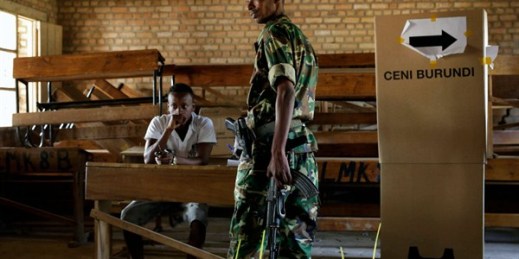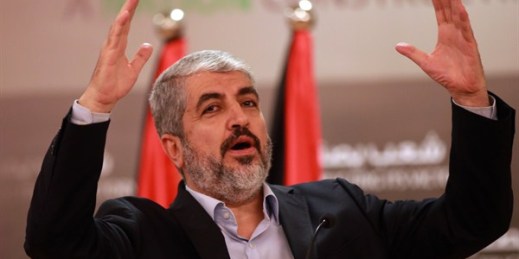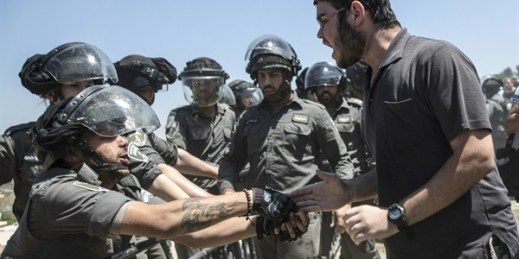
On Wednesday, Israeli settlers clashed with security forces after the Israeli High Court declared two apartment blocks in the West Bank settlement of Beit El illegal and ordered their demolition, stoking outrage among settlers and right-wing members of the Knesset, Israel’s parliament. Following the ruling, Israeli Prime Minister Benjamin Netanyahu swiftly authorized 300 new construction units in East Jerusalem, reacting to pressure from the Likud and Jewish Home parties. The court had previously rejected an appeal—issued by settlers and backed by the government—to prevent the demolition. Right-wing members of the Knesset were outraged at the court ruling: Moti Yogev of […]

